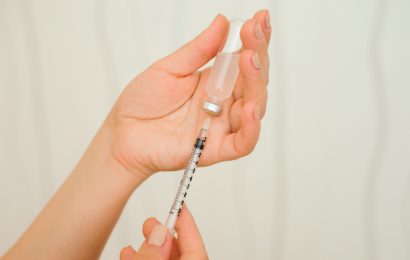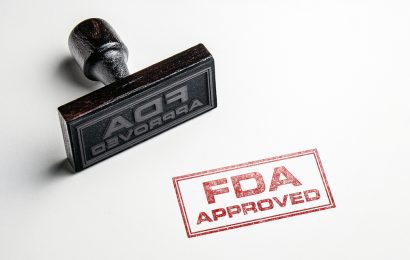On July 31, the U.S. Food and Drug Administration (FDA) approved the oral diabetes medicine saxagliptin (brand name Onglyza), a joint development of Bristol-Myers Squibb and AstraZeneca. Onglyza will join Januvia as a member of the class of drugs known as DPP-4 inhibitors.
DPP-4 inhibitors work to lower blood glucose by blocking the action of an enzyme known as dipeptidyl peptidase 4, or DPP-4. DPP-4 breaks down hormones called incretins, which stimulate the release of insulin, slow stomach emptying, inhibit the release of glucagon (a hormone that signals the liver to release glucose), and enhance the survival and growth of the insulin-producing beta cells. With DPP-4 inhibited, the incretins have longer to carry out these actions.
Onglyza will be offered in 2.5-milligram and 5-milligram doses to be taken once daily, with or without food. It is approved for use alone or in combination with metformin (Glucophage and others), sulfonylureas (DiaBeta, Glynase, Micronase, Glucotrol, Glucotrol XL, Amaryl), or thiazolidinediones (Actos, Avandia) in adults with Type 2 diabetes. Onglyza has not been studied in combination with insulin.
This medicine should not be used to treat Type 1 diabetes or diabetic ketoacidosis (a potentially life-threatening condition marked by a chemical imbalance in the body). The most common side effects seen with the use of Onglyza are upper respiratory tract infection, headache, inflammation of the nasal passages, and urinary tract infection.
For more information about Onglyza, see the press release on the Bristol-Myers Squibb Web site.




